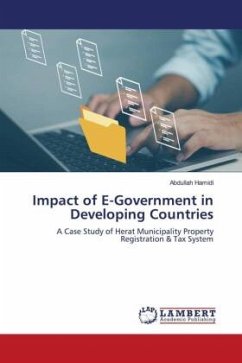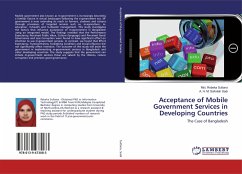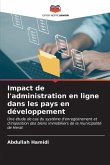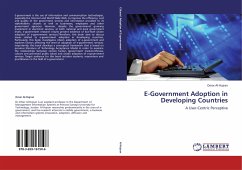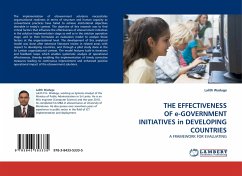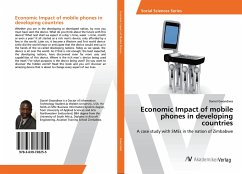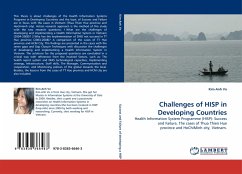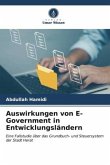The use of information and communications technology (ICT) is increasing every day. One of the recent trends in using ICT in developed and developing countries is E-Government which refers to the use of ICT by the governments to deliver online governmental services to the citizens as well as industries. Using E-Government, citizens are able to have access to the government services 24/7, which makes government services more transparent, with lower costs, higher quality, and more time-efficient. In addition, people would be able to have a greater influence on governmental decision-making processes by online voting, providing their opinions in the forums or contacting the governmental organizations directly via emails or contact forms. There are challenges for implementing E-Government such as security, willingness of the governments, lack of ICT knowledge in the societies and etc. which will be discussed in detail in this present thesis. The purpose of this research was to providea better understanding of E-Government and its related issues, its impacts in developing countries and providing an implementation model for implementing E-Government projects in Afghanistan.

